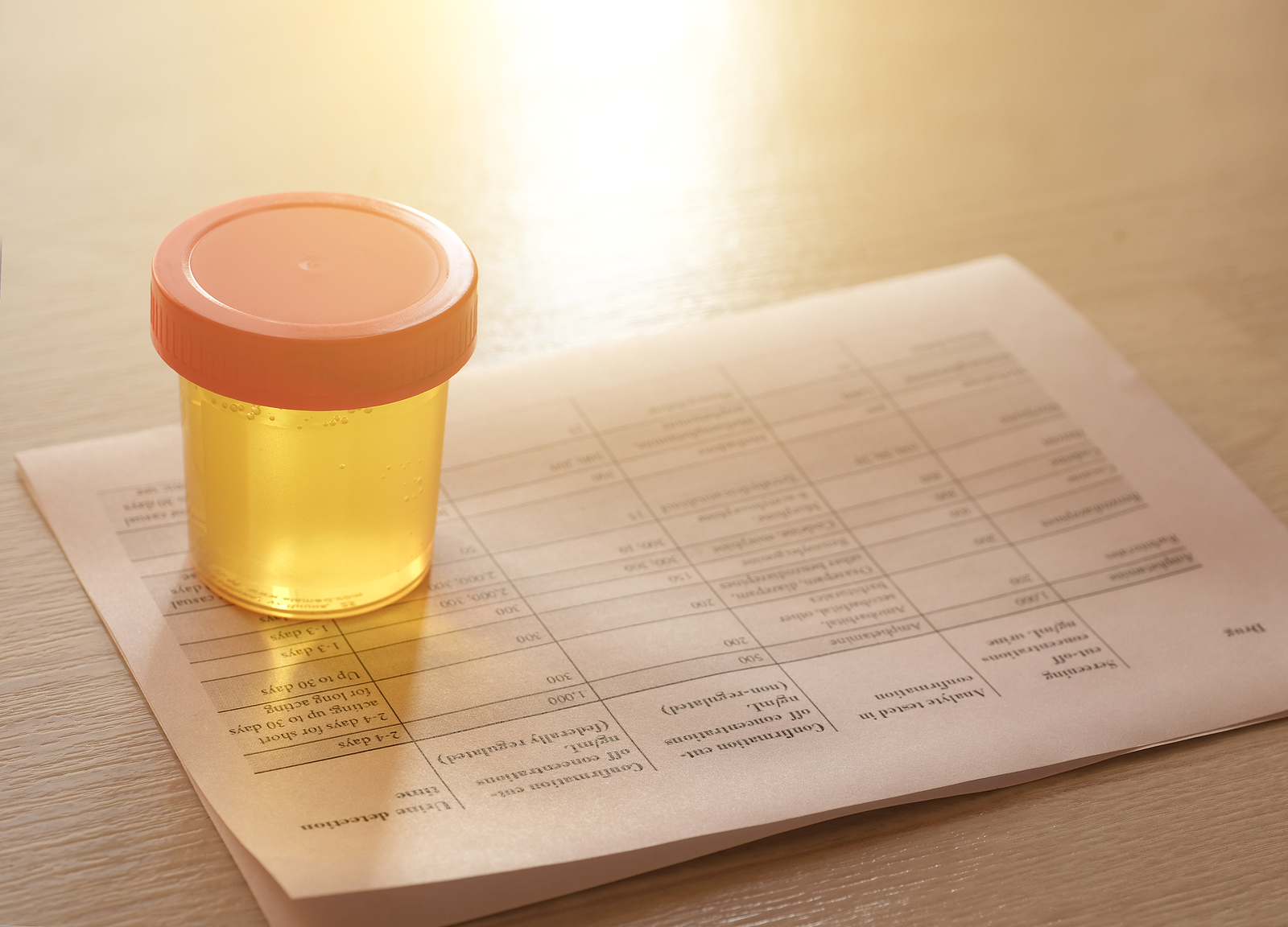Federal regulations require cities to establish drug and alcohol testing programs for certain employees who work in safety sensitive positions. These safety sensitive positions include licensed operators of motor vehicles in excess of 26,000 pounds; these are employees that are generally required to maintain a Commercial Driver’s License (CDL). The U.S. Department of Transportation requires such employees to be tested for drugs pre-employment, post-accident and when there is reasonable suspicion (as specifically defined in federal regulations). Other commonly required positions include certain armed law enforcement officers and those doing work (including office staff) for gas utilities. The purpose of these requirements is to help prevent accidents and injuries resulting from the misuse of alcohol or drugs.
It is up to each employer to have the consequences of a verified positive drug or alcohol test outlined in their personnel policy. All employment decisions belong solely to the employer as federal regulations do not address employment actions such as hiring, firing or leaves of absence in such cases. If an employee tests positive, federal regulations are very specific as to the proper steps that need to be taken if your city wishes to return the employee to their safety sensitive position. The first step of any employer is to immediately remove the employee from a safety sensitive position. In order to return to that position, an employee testing positive will need to undergo an evaluation by a substance abuse professional (SAP). The SAP can prescribe a course, counseling or treatment that must be successfully completed before returning to the safety sensitive position. Upon return, those who test positive will be subject to unannounced testing for drugs and/or alcohol for at least 6 times during the first 12 months of active service with the possibility of unannounced testing for up to 60 months (as prescribed by the SAP).
While individual city employers are able to establish a random testing program for safety sensitive positions on their own, it is often advisable for cities to contract this service to reduce the administrative burden associated with complying with state and federal testing laws.






